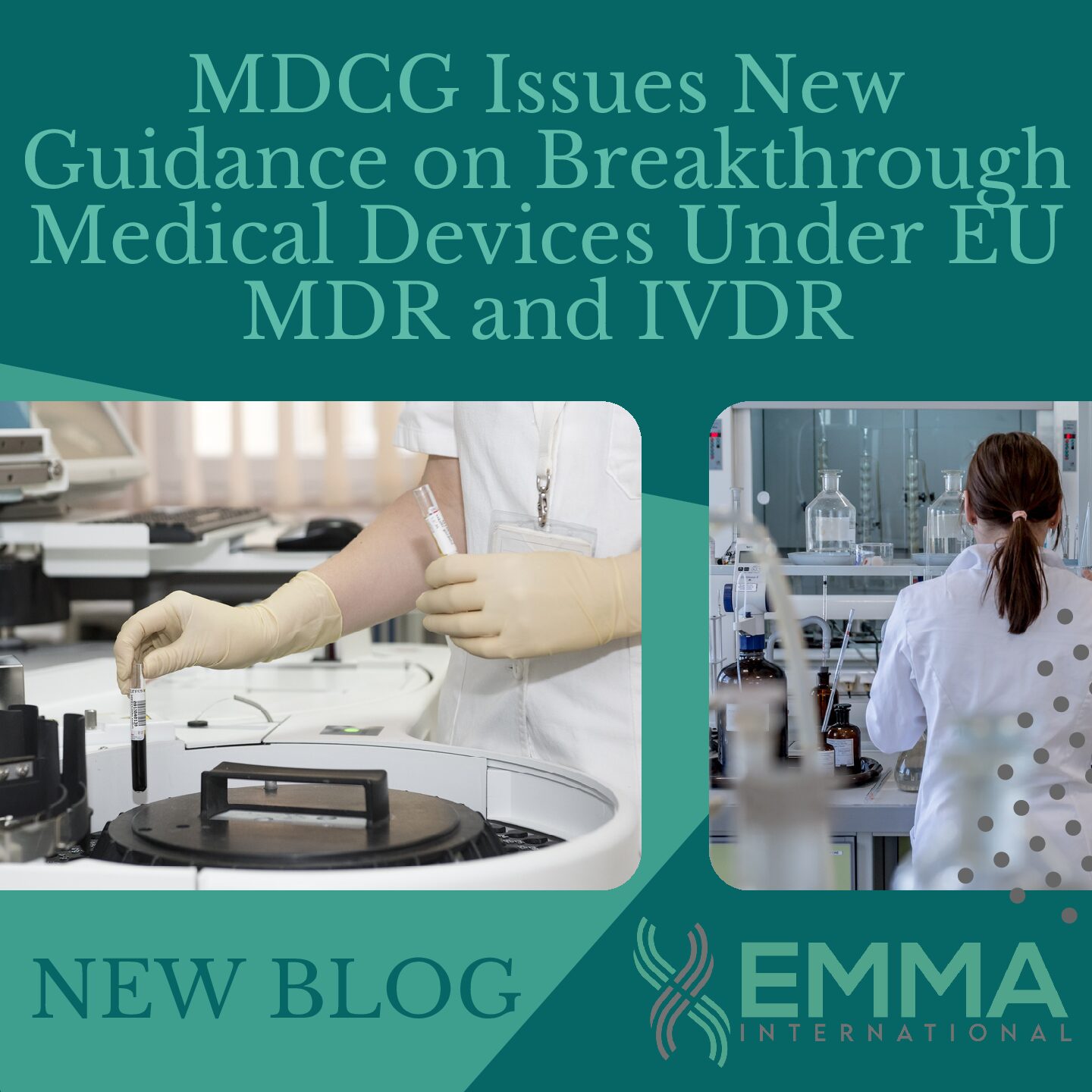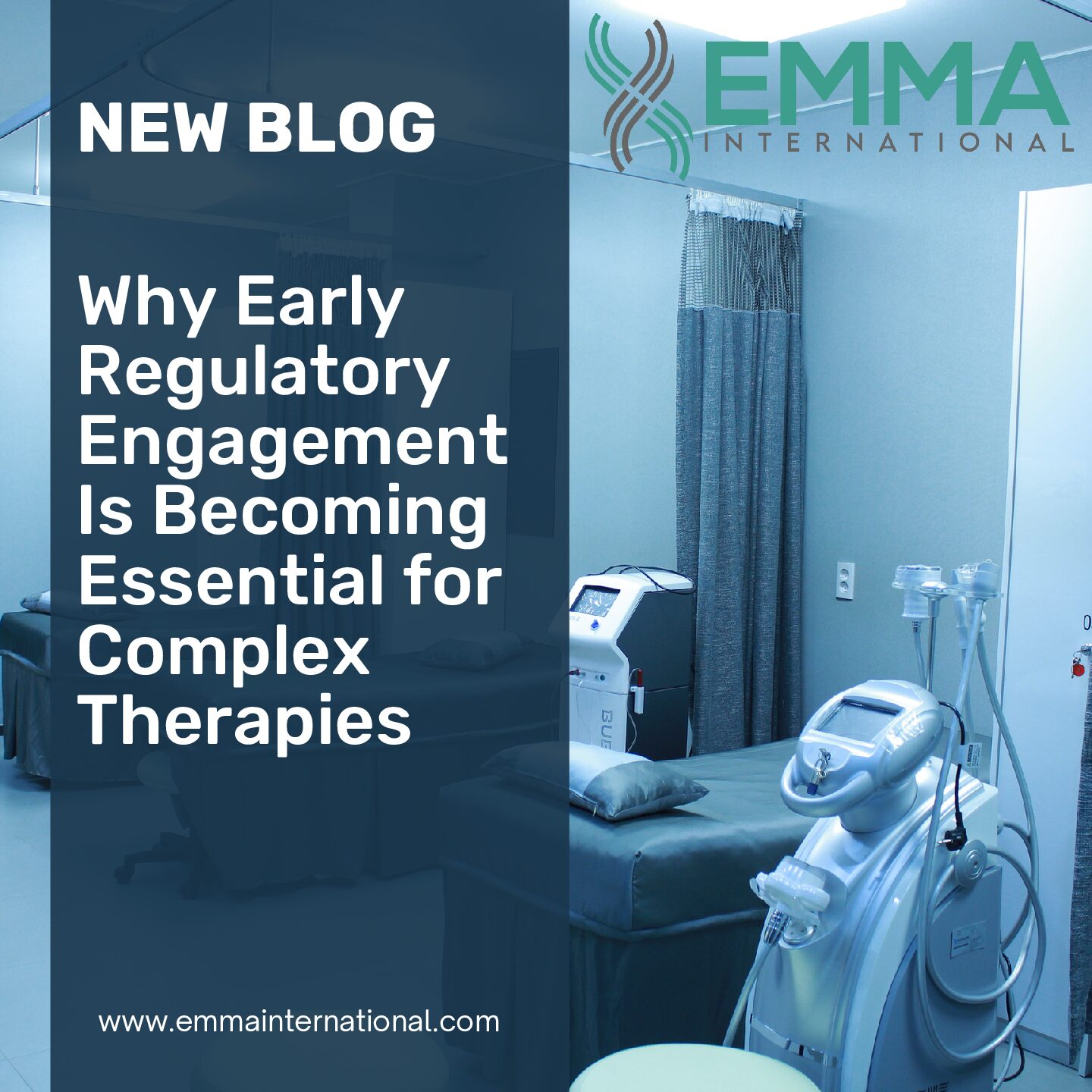In the ever-evolving landscape of pharmaceuticals and healthcare, the FDA continually seeks innovative approaches to enhance the drug approval process. One such initiative that has garnered attention is the Model Integrated Evidence (MIE) Pilot Program. This groundbreaking program aims to revolutionize the way evidence is generated and evaluated during the drug approval process, specifically for generic drugs.
The MIE Pilot Program represents a paradigm shift in the assessment of drug efficacy and safety. Traditional drug approval processes heavily rely on randomized controlled trials (RCTs) as the gold standard for generating evidence. However, the MIE program acknowledges the limitations of this approach and explores new ways to integrate diverse data sources.
The MIE Pilot Program embraces the utilization of real-world evidence, acknowledging that data obtained from routine clinical practice can provide valuable insights. This includes data from electronic health records, patient registries, and other sources that reflect the everyday experiences of patients. The program encourages the use of advanced analytical methods, including artificial intelligence and machine learning, to analyze large datasets efficiently. This allows for a more comprehensive understanding of a drug’s safety and effectiveness profile.
Recognizing the importance of patient perspectives, the MIE Pilot Program emphasizes the collection and integration of patient-reported outcomes. This approach ensures that the patient’s experience is considered a crucial aspect of the evidence-generating process.
Additionally, unlike traditional fixed trial designs, the MIE Pilot Program promotes adaptive trial designs. This flexibility allows for adjustments during the course of a study based on interim results, optimizing resource allocation, and accelerating the drug development timeline.
By incorporating diverse data sources and advanced analytical methods, the program has the potential to streamline the drug approval process. This could lead to faster availability of innovative therapies for patients in need. Traditional RCTs often have strict inclusion criteria, limiting the generalizability of study findings. The MIE Pilot Program’s focus on real-world evidence enhances the external validity of study results, providing a more comprehensive understanding of a drug’s performance across diverse patient populations.
While the Model Integrated Evidence Pilot Program holds tremendous promise, it is not without challenges. Privacy concerns, data standardization, and the need for robust validation of analytical methods are among the issues that need careful consideration and resolution.
The FDA’s Model Integrated Evidence Pilot Program represents a bold step toward modernizing the drug approval process. By embracing real-world evidence, advanced analytics, and patient-centric approaches, the program has the potential to reshape how we evaluate the safety and efficacy of pharmaceuticals. As the pilot progresses, stakeholders across the healthcare ecosystem will closely watch the outcomes, hoping for a future where drug development is more efficient, inclusive, and responsive to the needs of patients.
If you need support with bringing your drug product to market, EMMA International can help! Call us at 248-987-4497 or email info@emmainternational.com to get in touch with our team of experts today.
FDA (Sep 2023) Model-Integrated Evidence (MIE) Industry Meeting Pilot Between FDA and Generic Drug Applicants retrieved from: https://www.fda.gov/drugs/abbreviated-new-drug-application-anda/model-integrated-evidence-mie-industry-meeting-pilot-between-fda-and-generic-drug-applicants





